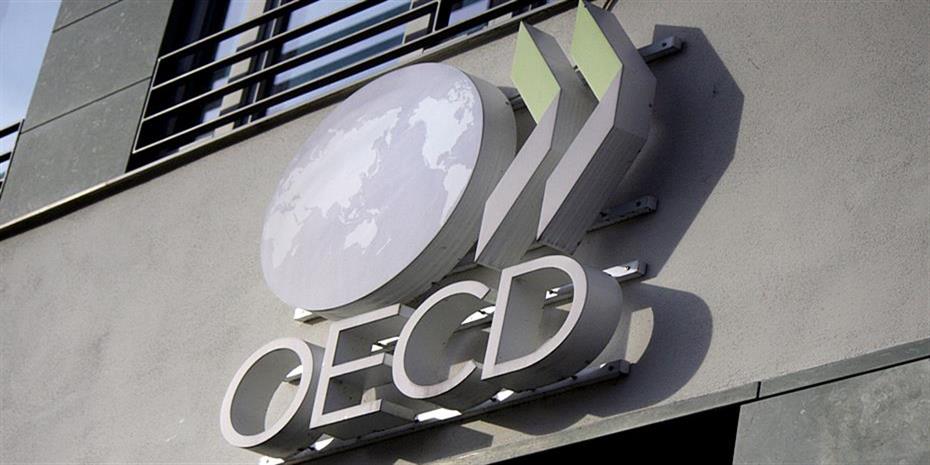Employment growth is expected to pause temporarily as employers face higher uncertainty, difficulties in hiring workers with relevant skills and rising wages. While supply pressures have risen, remaining spare capacity will dampen price pressures.
Revenues buoyed by rising prices and the recovery will help the government return the budget to a primary surplus in 2023. Using unplanned revenues and savings to rebuild the fiscal surplus, and ensuring support measures are temporary and targeted towards vulnerable households’ income rather than subsidising prices, would further improve fiscal sustainability.
Greater fiscal sustainability, along with resolving banks’ remaining non-performing loans, would support Greece achieving an investment-grade sovereign debt rating, improving access to finance.
While Greece is shifting its energy supply from Russia, improving energy efficiency and developing renewable sources would support long-term energy security and sustainability.
Surging prices are slowing Greece’s recovery
Greece’s economy recovered strongly from the COVID crisis in 2021 and most remaining COVID-related health restrictions were lifted from 1 May 2022. Rising exports and investment, and the end of short-time work schemes contributed to job growth. Employers reported growing difficulties filling vacancies. These trends slowed with the surge in energy prices and the war in Ukraine. Consumer price inflation has reached a 25-year high, and price pressures are broadening, lifting underlying inflation. The government increased the minimum wage by 2% in January and 7% in May 2022, ahead of the rise in prices.















